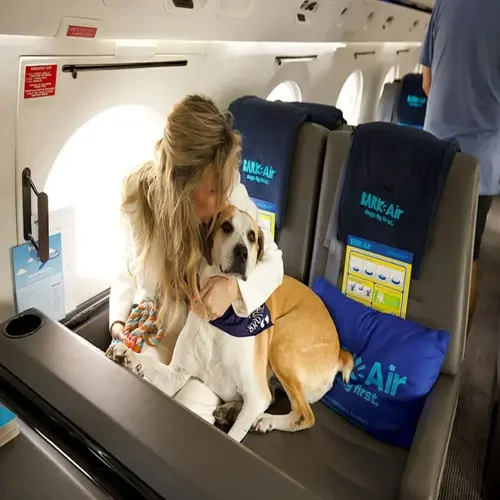How long does it take to train a dog?

Written by
Robert Brown
Reviewed by
Prof. Henry Webster, Ph.D.Duration of training can be drastically different for many reasons other than just the skill being taught. Basic obedience exercises should be practiced at least once a day for 4-6 weeks of training. In contrast, more complex skills might take months to master. The consistency of practice is more valuable than the length of practice for effective results. Some rescue dogs have been known to learn faster than puppies when motivation is appropriate.
Age Considerations
- Puppies: Shorter attention spans require brief 5-minute sessions
- Adults: Peak learning capacity enables faster command mastery
- Seniors: Cognitive changes may extend training timelines
- Adjust expectations based on developmental stages
Breed Characteristics
- Biddable breeds: Retrievers learn commands in 2-3 weeks
- Independent breeds: Hounds may require 6-8 weeks for same skills
- Working breeds: Need purposeful tasks for engagement
- Tailor methods to innate breed traits
Behavior Complexity
- Basic commands: 3-5 weeks with consistent daily practice
- Leash manners: 4-8 weeks depending on existing habits
- Complex tricks: 2-4 months with progressive shaping
- Behavior modification: 3-6 months for reliable results
Consistency Impact
- Daily 10-minute sessions yield faster results than weekly hours
- Multiple trainers must use identical cues and methods
- Environment generalization adds 1-2 weeks per new location
- Regression occurs faster than initial learning
Motivation Systems
- High-value rewards accelerate difficult skill acquisition
- Variable reinforcement schedules maintain engagement longer
- Life rewards build reliability after food phase-out
- Insufficient motivation doubles required training time
Assess progress through gradual milestones instead of a deadline. Note progress on the speed side, such as staying, or a longer sit. Decreases in lure dependence will show the understanding that the dog has obtained. My terrier's recall improved from being 15 seconds delayed to instant over the course of six weeks.
Immediately investigate delayed timelines. After two weeks, increase the reward value if no progress is made. Check for health problems that may affect the dog's ability to focus. Break down complex behaviors into small steps. If the dog has plateaued without reasonable expectations (for the level of skill), seek professional assistance.
Read the full article: Dog Training Basics: Essential Guide for Beginners

